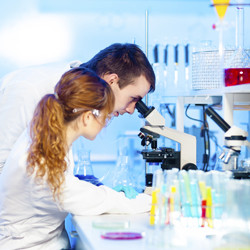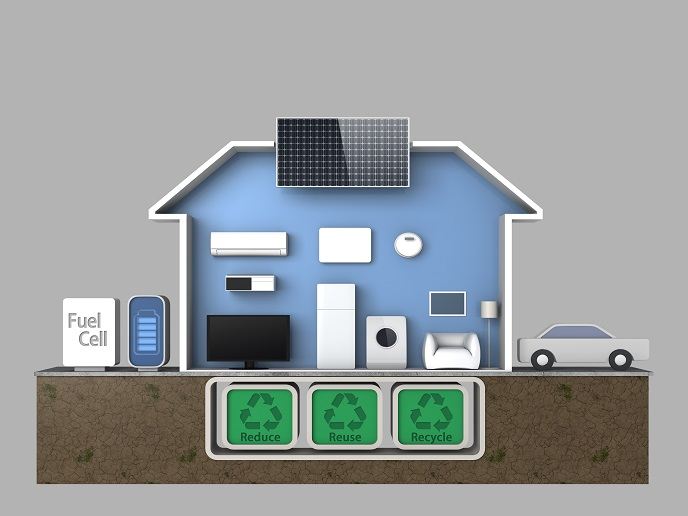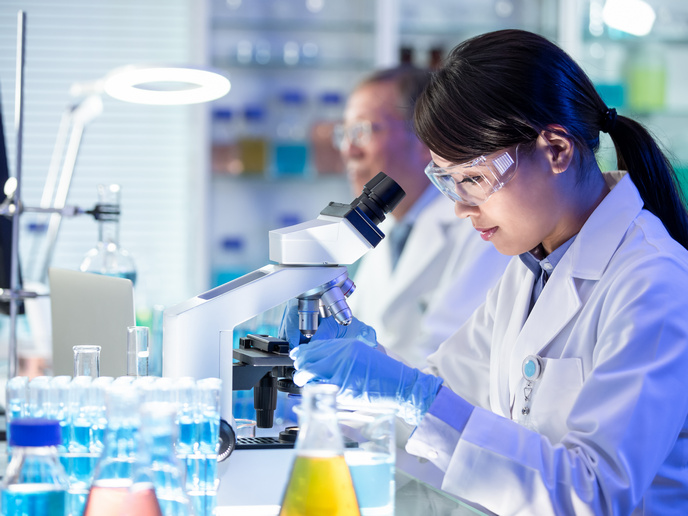Using enzymes for eco-friendly industry
Synthetic chemicals are used to produce everything from fertilisers and detergents to processed foods, cosmetics and pharmaceuticals. The chemical synthesis industry is huge, and production is expensive and time consuming, and often leads to toxic waste streams. Scientists initiated the EU-funded 'Developing the next generation of biocatalysts for industrial chemical synthesis' (BIONEXGEN) project to create more eco-efficient manufacturing processes, based on the use of natural enzymes. The consortium has identified four classes of reactions where the biocatalysts can contribute to a significant reduction in greenhouse gas emissions, energy consumption and toxic waste. Amines are used to produce pharmaceuticals, polymers, specialty chemicals and agrochemicals. Scientists developed libraries of enzymes that produce amines, and identified the most promising ones for commercial use. Polymers, most of which are derived from fossil fuels, account for the majority of chemical products on the market. Scientists identified novel biological building blocks (monomers) to yield polymers with enhanced properties. Several new routes for the synthesis of polymers were discovered using a number of novel enzymes. Production of glycosides and oligosaccharides is one of the most challenging areas of organic synthesis. Scientists identified new enzymes for synthesis of oligosaccharides, and developed an oligosaccharide production method that uses starch as a renewable raw material. Oxidases are enzymes that can remove potentially dangerous oxidising agents. Investigators synthesised a variety of substrates and used them to show successful oxidation of a range of industrially relevant compounds. The consortium also developed enabling technologies such as fermentation methods, enzyme immobilisation and a method to aggregate functional enzymes. In addition, BIONEXGEN created a process technology handbook cataloguing the methods developed by project researchers. BIONEXGEN is expected to have a lasting impact on the EU industrial chemical and biotechnology sectors by providing novel enzyme-based chemical manufacturing processes. Integrating project findings into conventional chemical processes will reduce emissions, energy consumption and toxic waste.







